News
Latest from the Coalition
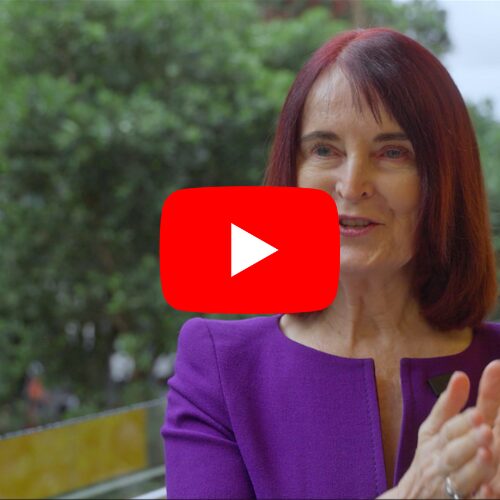
Climate Leadership Insights: The B Team Australasia
Lynette Mayne, Executive Chair of The B Team Australasia, recently visited Aotearoa New Zealand for the launch of the Climate Leaders Coalition’s new Statement of Ambition and refreshed strategy. In this Q&A, Lynette shares insights into the work of The B Team...
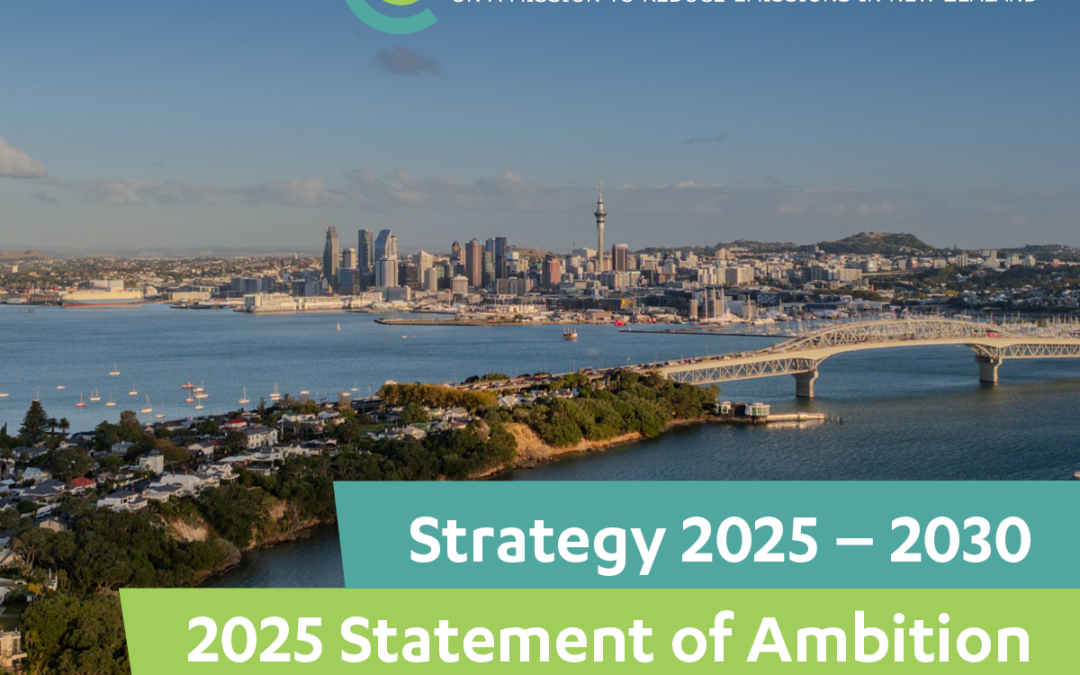
Climate Leaders Coalition launches next chapter
The Climate Leaders Coalition (CLC) is this morning unveiling a new Statement of Ambition and refreshed Strategy, marking the next step in business-led climate action in New Zealand – just as COP30 concludes in Belém.

SBC Hot Seat with Shannil Varma (CLC Manager)
This week, we've got Shannil Varma, Manager of the Climate Leaders Coalition (CLC), in the hot seat. Shannil's role sits within the Climate and Nature team at SBC (which is the secretariat organisation for CLC), and he oversees all the day-to-day operations and...
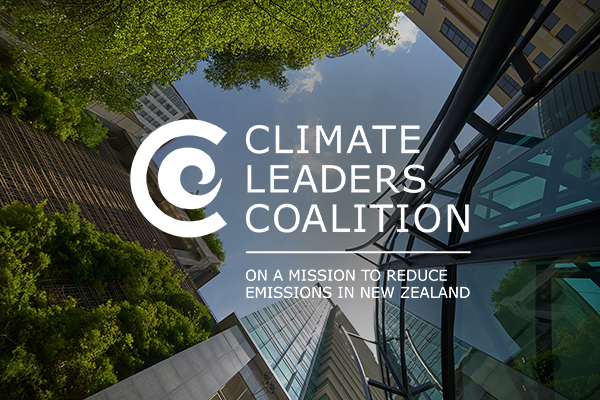
Climate Leaders Coalition re-commits to ambitious climate action with new convenor
The Climate Leaders Coalition welcomes Genesis CEO Malcolm Johns as the Coalition’s new convenor, succeeding Spark CEO Jolie Hodson MNZM. Since 2018, the CEO-led Coalition, made up of 87 signatories and accounting for around 30 percent of New Zealand’s GDP, has helped...
Search all news
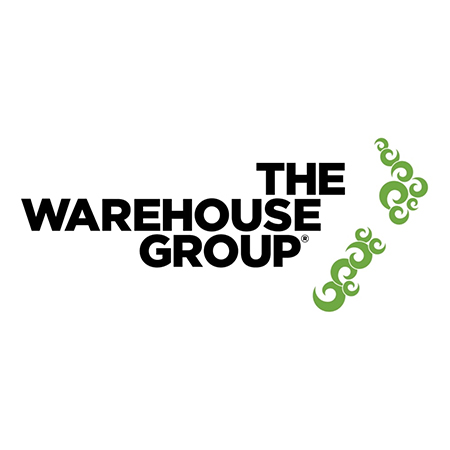
The Warehouse Group – E-waste recycling now available
Noel Leeming is trialling a free e-waste recycling programme at 16 of its stores. The trial is in partnership with Techcollect NZ, a local not-for-profit organisation committed to supporting the development of a regulated product stewardship scheme for electrical and electronic products in Aotearoa. The service will run through to 31 December 2021.
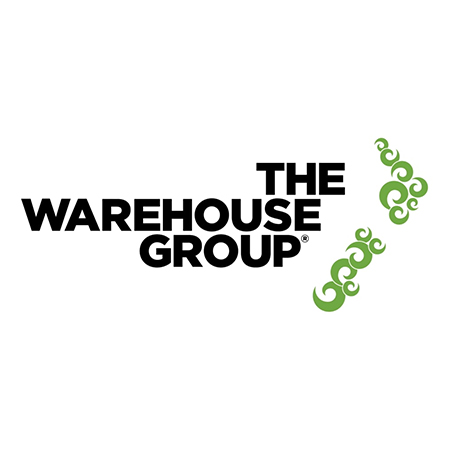
The Warehouse Group supporting Emirates Team New Zealand to be carbonzero
The Warehouse has partnered with Emirates Team New Zealand to offset its carbon emissions for its 36th America’s Cup campaign; this will see Emirates Team New Zealand become the first America’s Cup syndicate to have a Toitū carbonzero certified campaign.

New Zealand’s largest beverage company has gone carbon zero
Lion New Zealand, which holds close to 30* per cent of the country’s alcohol beverage market, becomes New Zealand’s first large scale beverage company to be Toitū carbonzero certified.
Through their partnership with Toitū, Lion has undertaken an intensive audit, designed to accurately measure its operational greenhouse gas emissions and put in place strategies to manage and reduce Lion’s carbon footprint each year.

Business leaders set to engage on landmark climate report
The Sustainable Business Council (SBC) and the Climate Leaders Coalition (CLC) have welcomed the independent Climate Change Commission’s first package of draft advice to Government released today, ahead of tomorrow’s six-week […]

Orion commits to carbon neutrality by 2022
Central Canterbury electricity distributor, Orion, today announced its commitment to achieving carbon neutrality for corporate emissions by June 2022, the first electricity company in New Zealand to commit to this ambitious target.
The commitment is eight years ahead of Christchurch City Council’s goal for council-owned companies to achieve carbon neutrality by 2030.
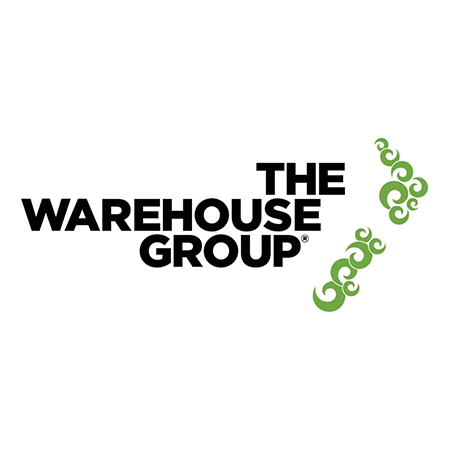
The Warehouse Group recognised in the highest category of “Leadership” in the fight against Climate Change
With our vision to become New Zealand’s most sustainable company, we know we can’t manage what we don’t measure. That’s why each year we work alongside Carbon Disclosure Project (CDP), a not-for-profit charity that runs the foremost global disclosure system for investors, companies, cities, states and regions to help them manage their environmental impacts.

Business leaders welcome public sector’s acceleration to zero carbon
The Sustainable Business Council (SBC) and the Climate Leaders Coalition (CLC) welcome the Government’s announcement to accelerate the public sector’s race to zero carbon within the next five years.
The announcement is the focus of three of the 26 recommendations contained in a recent joint SBC and CLC briefing to the incoming Government on climate action priorities. The briefing is the
consensus view of the 150 companies represented by SBC and CLC.
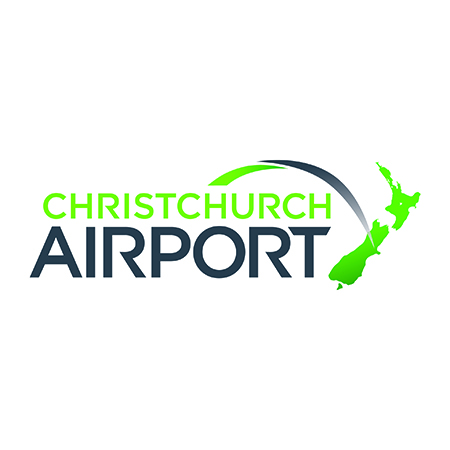
Christchurch Airport becomes world’s first to achieve Level 4 Transformation of Airport Carbon Accreditation
Christchurch Airport in New Zealand has taken a major step forward in its commitment to fight against climate change, becoming the first airport in the Asia-Pacific region and in the world to reach Level 4 Transformation of Airport Carbon Accreditation. This high achievement is evidence of the airport’s continued efforts to align its carbon management strategy with the global climate goals.

10%* of New Zealand’s beer market goes carbon zero overnight. Steinlager becomes NZ’s first major carbon zero beer brand
Proud to represent New Zealand’s finest, Steinlager is committed to taking action against climate change and excited to become the country’s first large scale beer brand to be Toitū carbonzero certified.
To reach this significant milestone, every step in Steinlager’s product life cycle has seen emissions reduced or offset, from growing the hops and barley, making the beer at the brewery, to bottles, caps, packaging and transport, right down to the length of time the beer will spend in the consumer’s fridge.
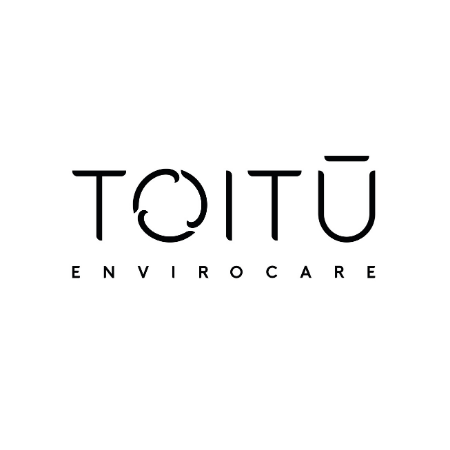
New Toitū carbon assess tool enables carbon measurement in supply chains and small businesses
Toitū Envirocare’s new Toitū carbon assess platform enables large enterprises to collate and track the combined carbon emissions of their New Zealand-based suppliers and gives small businesses an easy and affordable way to measure their carbon emissions and benchmark against similar organisations.
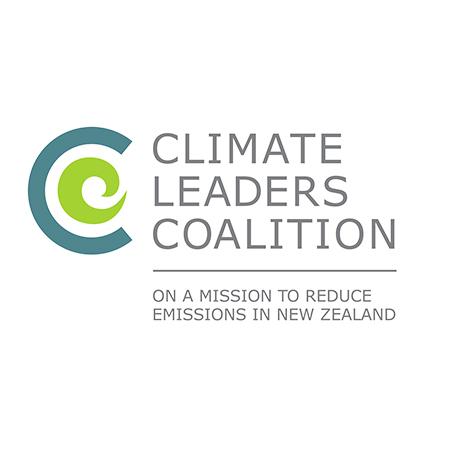
Bring on EVs, incoming government urged
Suggestions for decarbonsing vehicles, removing fringe benefit tax (FBT) on EVs, subsidising e-bikes and introducing road congestion charges are among 26 actions costing about $7.3 billion the Sustainable Business Council and Climate Leaders Coalition want the incoming government to consider.
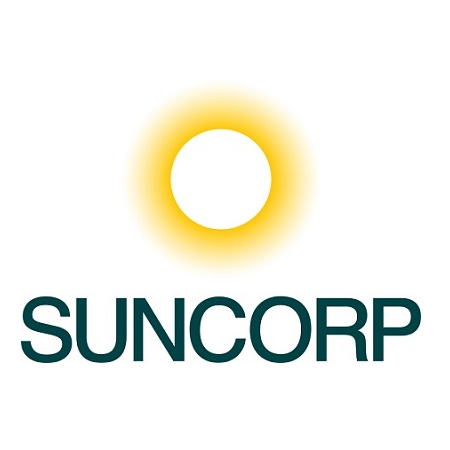
Need For Community And Collaboration May Drive A Shift In Office Space Use Following Covid-19
A survey of employees at Suncorp New Zealand, one of the country’s largest insurance companies, has revealed that community and connection (79%) and collaboration and problem solving (66%) are the main drivers for employees wanting to return to the office at least part time following a period of working at home due to Covid-19.
